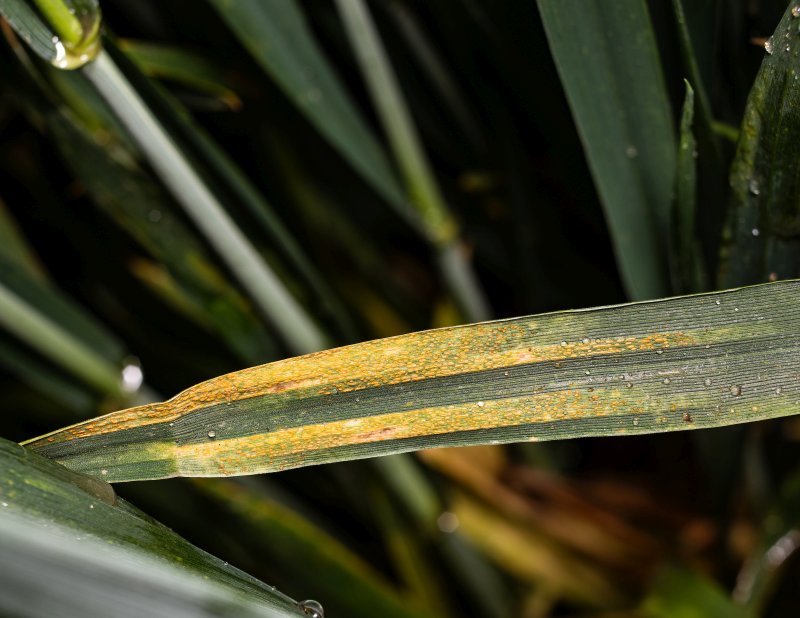
AHDB’s online edition of the Recommended Lists for cereals and oilseeds (RL) 2022 - 2023 features a record number of variety types and traits.
Launched on Monday (29 November), the edition introduces new traits for barley, an improved choice of spring and winter milling wheat varieties, and new options for brewing and distilling.
The online RL 2022/23 also features improvements to cereal lodging resistance ratings and additional information on resistance to septoria tritici in winter wheat.
In 2020, a new disease rating system for cereal rusts was introduced to provide greater differentiation in scores. Similarly, the RL 2022/23 is based on an improved calculation approach for lodging resistance.
Paul Gosling, who manages the RL at AHDB, said: “Spread across the crops, dozens of new varieties are available. The improved choice includes many exciting new traits, which will help growers manage crops and target potential new markets.
“We revised the cereal lodging ratings to help pull apart varietal differences. This will make the ratings more representative of what is seen in the field and improve their consistency.
"Although ratings have fallen for some varieties, this is a consequence of calculation change, not an increased susceptibility to lodging.”
Following high levels of septoria tritici in the 2020/21 growing season and concerns about the breaking of resistance, AHDB issued the RL 2022/23 winter wheat disease ratings early, in September.
This saw a rating fall for many varieties. Two ratings were issued: based on the standard three-year (2019–21) and a one-year (2021) data set. The latter ratings help reveal last season’s impact and varieties most likely to benefit from closer monitoring.
New recommendations for winter wheat include varieties with an alternative genetic basis of resistance to septoria tritici, which should make useful contributions to the control of this important foliar disease.
The system for oilseed rape has also changed to make it easier to recommend conventional open-pollinated varieties.
Mr Gosling said: “Open-pollinated varieties remain popular. However, there was a danger that they would be completely lost from the RL in favour of hybrid varieties.
"Changes to our selection procedures should help maintain the recommendation of strong conventional options.”
Available for the major crop types, more detailed variety comments illustrate how a greater diversity of options – delivered by plant breeders – has strengthened varietal traits for yield, agronomy, disease and quality characteristics.
The RL 2022/23 for wheat, barley, oats and winter oilseed rape, and variety comments, can be accessed online, alongside updated descriptive lists for spring oilseed rape, spring linseed, winter triticale and winter rye.
